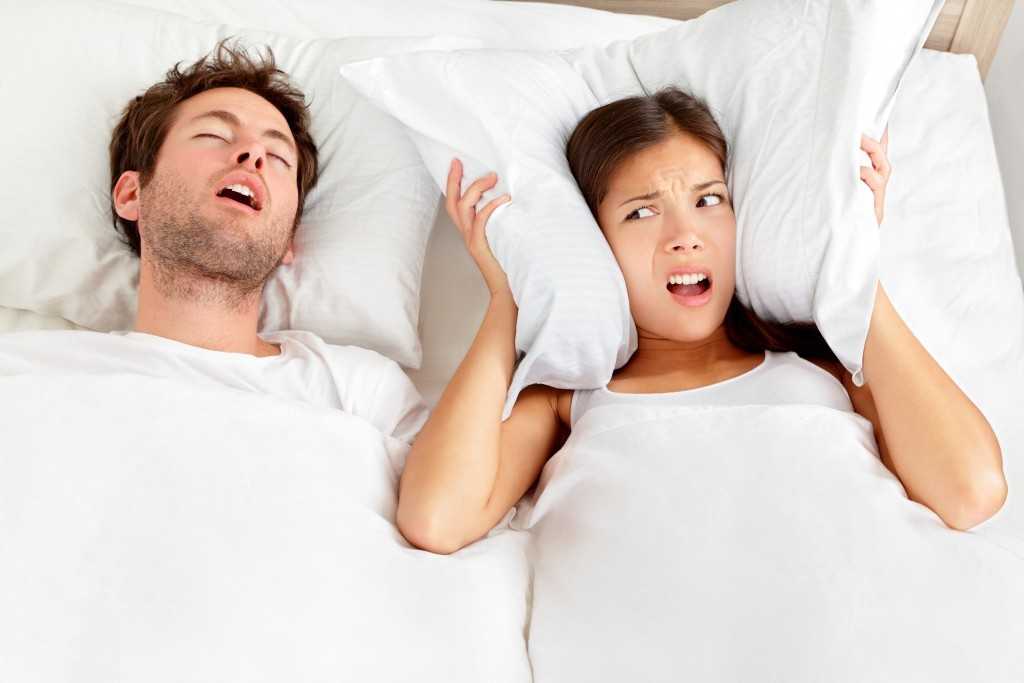 Sleep apnea causes you to stop breathing intermittently, which leads to fragmented sleep. By making lifestyle changes along with the treatment of sleep apnea, you can have better sleep all night long. Here are some lifestyle changes that can help you ease its symptoms.
Sleep apnea causes you to stop breathing intermittently, which leads to fragmented sleep. By making lifestyle changes along with the treatment of sleep apnea, you can have better sleep all night long. Here are some lifestyle changes that can help you ease its symptoms.
Avoid Alcohol and Smoking
Alcohol and smoking can worsen sleep apnea. TMJ & Sleep Therapy Centre of Northern Indiana and other medical professionals recommend avoiding narcotics, pain medications, and drugs to deal with anxiety, as well, because they have side effects that disturb sleep.
Lose Weight
Having a leaner body can improve quality of sleep. Obesity is one of the biggest causes of sleep apnea. More than 30% of obese patients say that they experience an improvement in their sleep by losing about 10% of their weight alone.
Eat Healthy
If the body does not have enough rest, it tends to crave more carbohydrates. Lack of enough sleep causes changes in hormones that control hunger and fullness, which in turn causes you to eat more. Eat a balanced diet to counter your excessive cravings.
Work on Your Allergies
Nasal and throat allergies make breathing difficult, putting you at risk of sleep apnea. Allergies make your muscles swell, which in turn narrows your airway and makes breathing harder. Seek for medical attention to put your respiratory allergies under control.
Avoid Sleeping on Your Back
Your airway is likely to collapse and be blocked when you lie on your back. Try sleeping on your side if you have trouble sleeping. Moreover, build a good sleep routine by attempting to sleep on same schedules. You may also use continuous positive airway pressure machine and other devices to improve breathing.
Sleep apnea can lead to low productivity during the day. With the right lifestyle changes, you can improve your breathing throughout the night and have quality sleep. Seek medical attention as soon as you start experiencing sleep disorders and follow your doctor’s recommendations.

